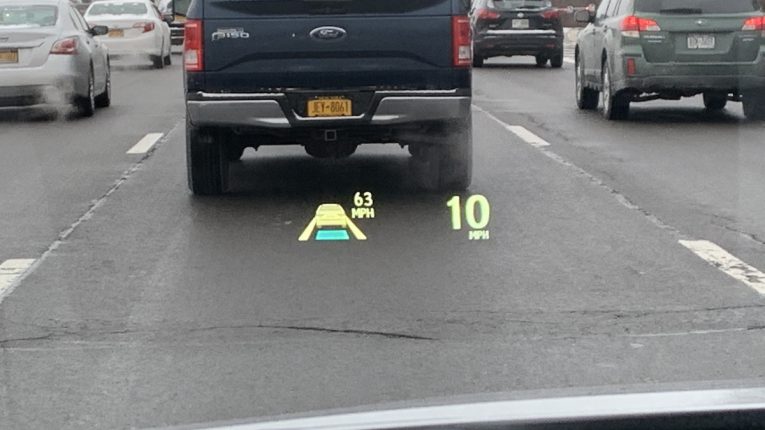
Will The Cars Of Tomorrow Have Better Road Handling?
While road safety is a priority everywhere, fatalities have shown no sign of disappearing. According to the World Health Organization, the annual number of road traffic deaths for 2018 has reached 1.35 million, indicating that the price paid for mobility remains high in all countries. What is worrying is the fact that safety measures are not a novelty anymore. They are known and implemented all over the globe, yet the positive impact is still to come. On the one hand, drastic measures might help to reduce fatalities on the road. However, saving lives should be a natural motivation to obey road traffic regulations and proceed with cautious behind the wheel. It is incomprehensible that authorities have to rely on punishment strategies in order to protect the lives of drivers, passengers, and pedestrians. But it begs a critical question for manufacturers, which is: Can we make the cars of tomorrow safer?
The leading cause of accidents is not the car; it’s the driver
Cars nowadays are a lot safer than they used to be. They are carefully designed and tested to protect their passengers. As a result, car accidents are more likely to be caused by careless drivers than by inadequate vehicles. Indeed, lack of attention, lack of maintenance, reckless speed, and dangerous road behavior are the most common causes of collisions. Injuries and fatalities are heavy on the conscience of negligent drivers, less so for manufacturers. While victims can legally claim compensation and protection, the problem with cars remains the same. Drivers are the risk on the road.
Tires are getting better
Losing control of your vehicle could lead to severe consequences. But what if cars were to get a stronger grip of the road? Indeed, tires play a significant role in maintaining your trajectory. Tires that can handle obstacles without going flat, punctured, or damaged are more likely to reduce crash risks. It’s the vision proposed by General Motors and Michelin with the first airless tires, that won’t be available before 2024.
Cars are getting smarter
It’s not just tires. It’s the car itself that can learn to handle the traffic better. Smart sensors have already made an impression by avoiding collisions that are typically caused by a lack of attention. But what if your vehicle could now force you to stick to the speed limit? The European Union promises to curb drivers’ ability to speed up by strategically targeting their engine power. The purpose is to reduce fatalities linked to speeding. However, wouldn’t it be easier to build cars that can’t speed up?
The way forward for safe road traffic is yet to be determined. While manufacturers are working hard to make the roads safer, they also try to eliminate the number one risk, namely the driver, from the equation. Self-driving cars are not flawless yet. Their design is complicated, and we still have a lot to learn.
As of 2019, driverless cars are not an appropriate alternative to reckless drivers. There’s no knowing what things will look like in a few years’ time, but for now, we need to focus on driving better and not less.
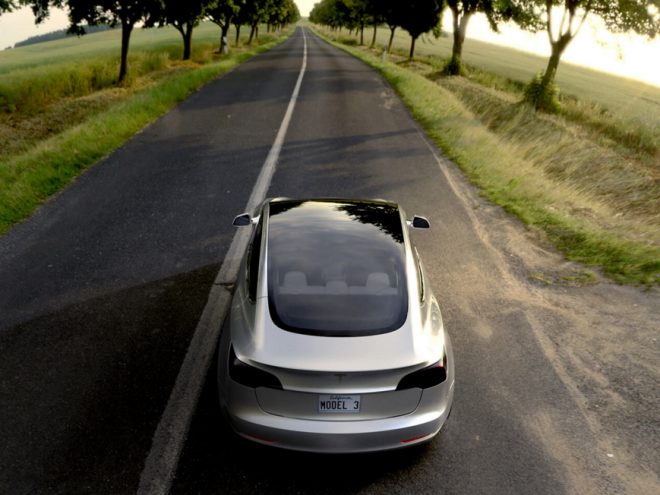
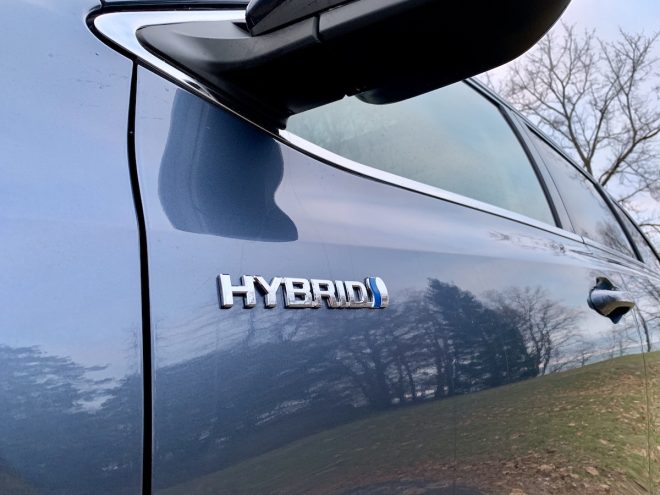


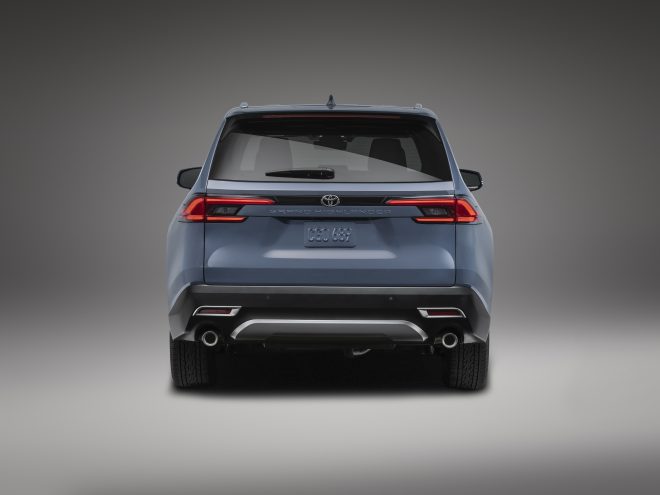

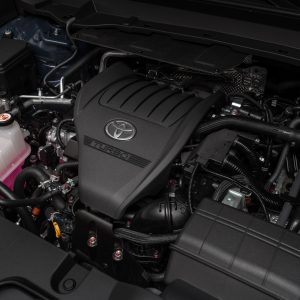



[…] Source: https://www.theintelligentdriver.com […]